Pakistan chief justice unveils AI-based reforms, expanded transparency measures
New e-services include digital case filing, e-copies, e-affidavits, e-notices supported by WhatsApp, SMS, and email alerts

Aamir Abbasi
Editor, Islamabad
Aamir; a journalist with 15 years of experience, working in Newspaper, TV and Digital Media. Worked in Field, covered Big Legal Constitutional and Political Events in Pakistan since 2009 with Pakistan’s Top Media Organizations. Graduate of Quaid I Azam University Islamabad.
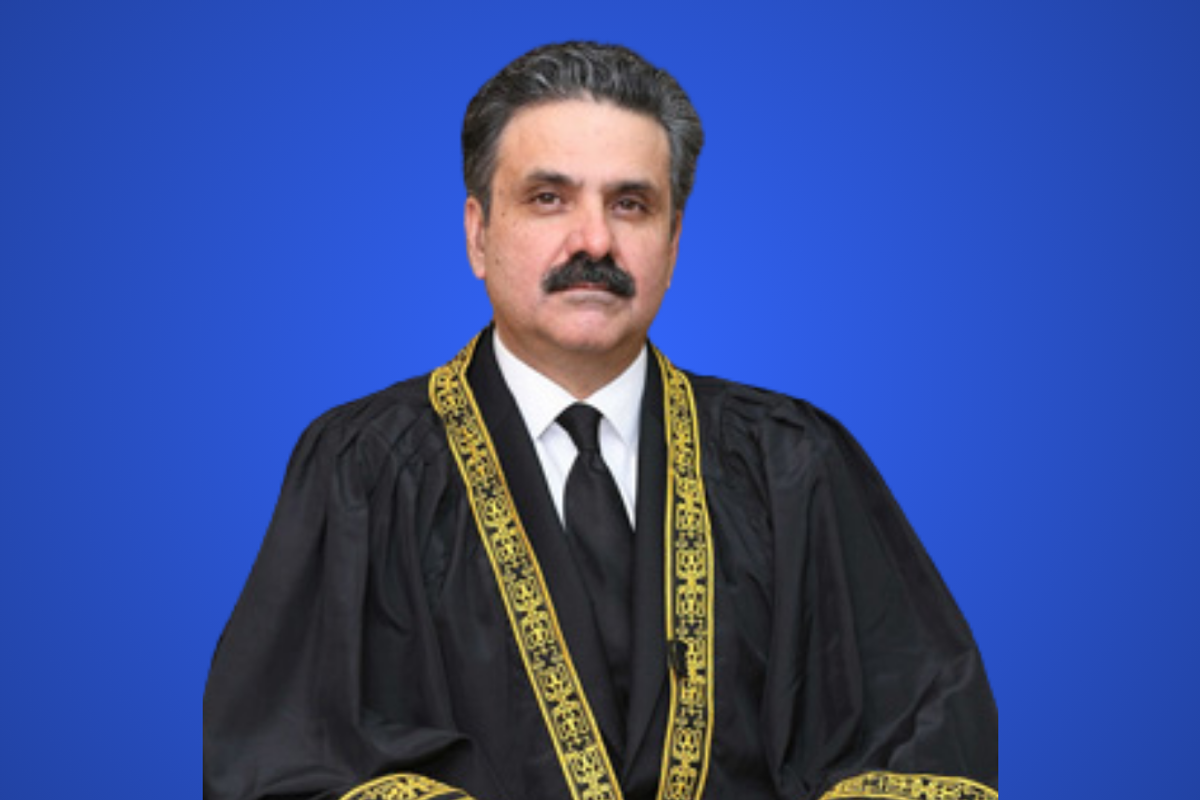
Pakistan's Chief Justice Yahya Afridi on Monday announced sweeping judicial reforms centered on digitization, transparency, and artificial intelligence (AI), pledging to make the courts faster, fairer, and more accessible.
Speaking at the Supreme Court’s ceremony marking the opening of the new judicial year, Afridi said more than 61,000 case files will be digitally scanned within six months, forming the foundation for AI-driven scheduling of cases.
“Cases will be scheduled through artificial intelligence after the successful completion of the digitization project,” he said, stressing that technology must play a central role in improving access to justice.
Afridi said new e-services — including digital case filing, e-copies, e-affidavits, e-notices supported by WhatsApp, SMS, and email alerts — have already been introduced.
Case files will now be transferred electronically and tracked online, while video-link hearings are being expanded to high courts.
A dedicated e-Office system, e-enrolment for lawyers, and a facilitation center set to open on October 1 are part of what Afridi described as “a series of initiatives that are already transforming the way this court functions.”
Anti-corruption hotline
The court has launched an anti-corruption hotline, operating around the clock in Urdu and English, allowing citizens to confidentially report graft or favoritism. Complaints will be investigated within 30 to 60 days.
A public feedback portal and facilitation centers have also been rolled out.
Afridi highlighted broader reforms under the newly approved Supreme Court Rules, 2025, which simplify filing, standardize procedures, and aim to ensure faster disposal of cases.
The rules followed a yearlong consultative process with judges and bar associations.
New policies and SOPs have also been issued, covering early hearing requests, case fixation, use of court facilities, and publication of judgments.
The chief justice said institutional reforms were being matched with global outreach.
International MoUs
The Supreme Court is preparing MoUs with the top courts of China and Türkiye, while judicial cooperation has begun with Bangladesh, Iran, Azerbaijan, and Denmark.
Partnerships have also been signed with leading Pakistani universities including LUMS and Ghulam Ishaq Khan Institute to enhance technical capacity.
On judicial accountability, Afridi noted that the Supreme Judicial Council had decided 64 complaints against judges, while 72 more are under review. “We are following the principle of first-come, first-served. No case will be pulled out of order,” he said.
Afridi also pointed to symbolic steps to reduce protocol, such as cutting his own security convoy from nine vehicles to two. He clarified, however, that arrangements would vary for judges outside Islamabad.



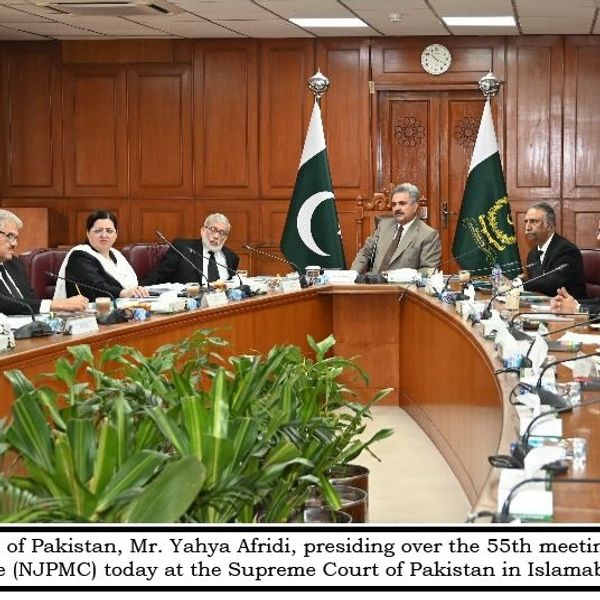
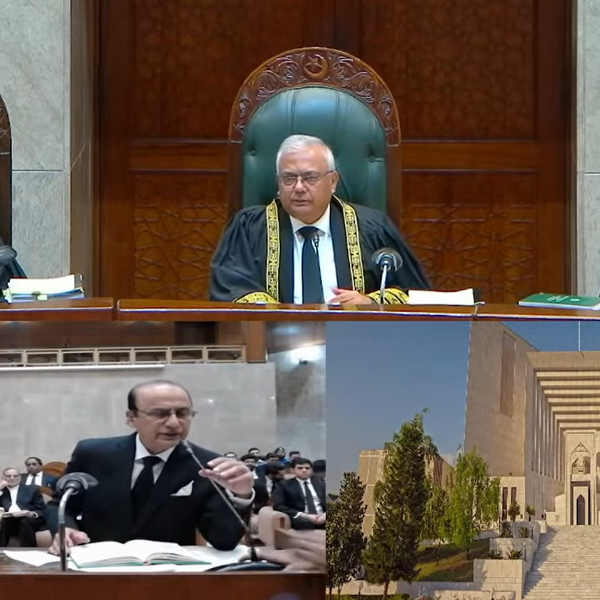
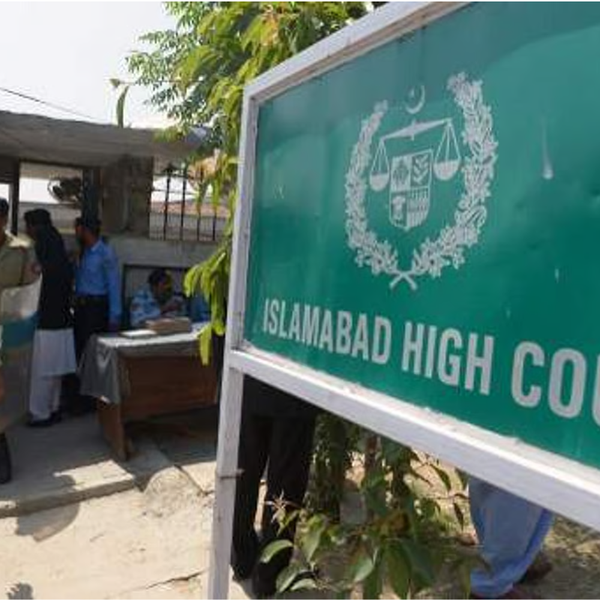

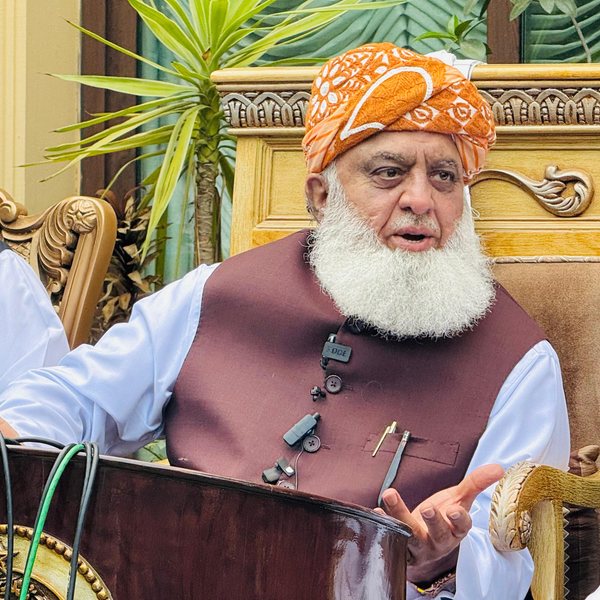


Comments
See what people are discussing